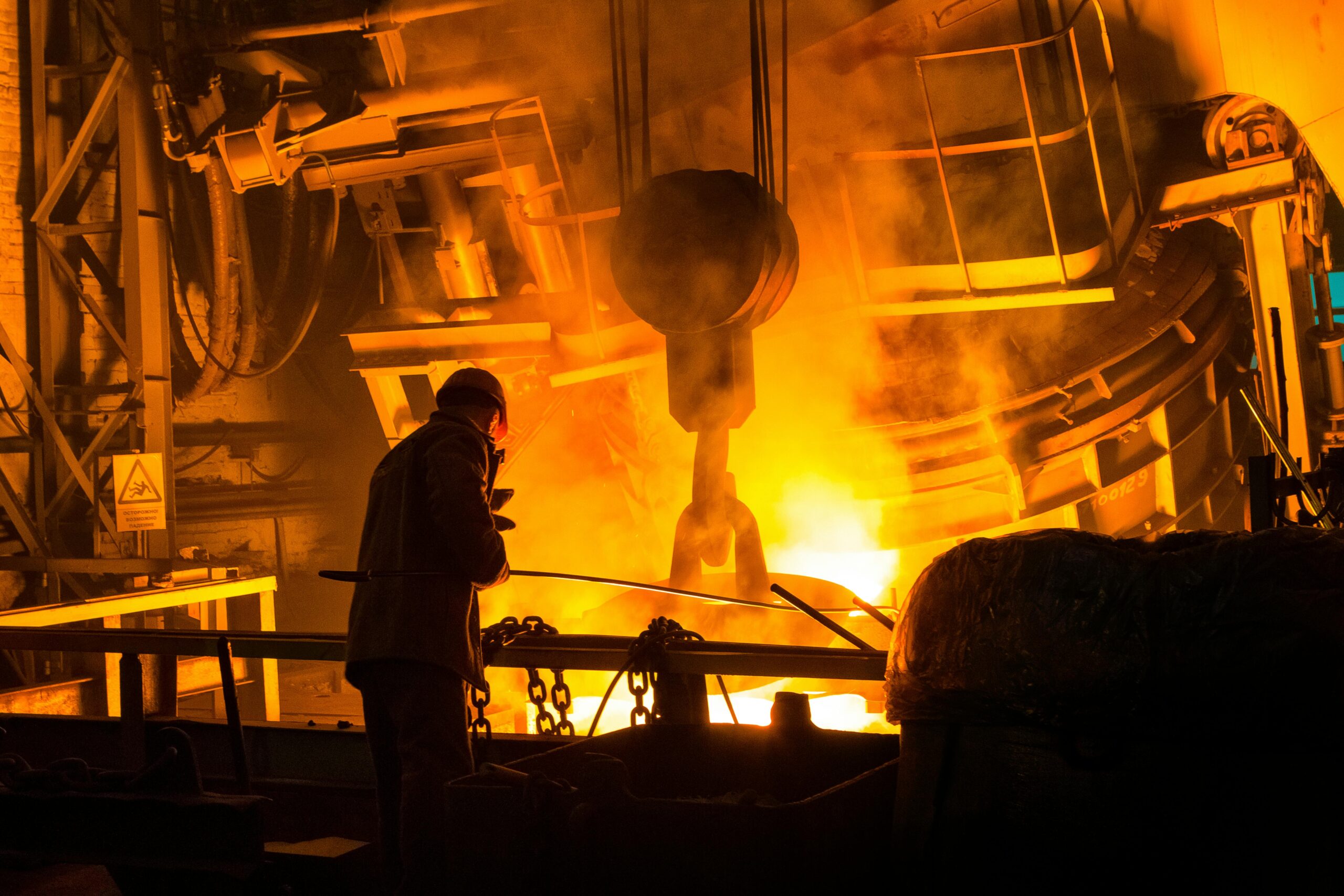Call or Text
801-438-4793Air Purification Systems FAQ
March 29, 2016

Who Uses Air Purifiers?
Air purifiers comes as small stand alone units, larger units that can be attached to air handler units, and units that attach to HVAC units for medical, commercial, and industrial uses. Many settings can benefit from an air purifier, but they are ubiquitous in industrial, commercial, and medical environments where cleaning the air of contaminants is extremely important to operational safety and personnel health.
How do Air Purifiers Purify?
There are a number of different processes involved in purifying air depending on the type and size of the unit. One method is through filtration whereby airborne particles are trapped as air is forced through a filter and contaminants are captured. Airborne particles above 0.3 micrometers should be captured by filter systems. A process known as ultraviolet germicidal irradiation sterilizes the air as it passes through the system. A fan is typically used to fan the air toward a UV lamp where microorganisms and other contaminants are removed from the air. There are additional methods for purifying air that are too comprehensive for short listing.
Are There Health Benefits to Air Purifiers?
Air purifiers remove many allergens like dust, pollen, pet dander, and mold spores, making them a health benefit to people with or without allergies. Additionally, smoke particles and other volatile organic compounds are removed through air purifiers. This can reduce the likelihood of experiencing sick building syndrome and will reduce exposure to harmful contaminants circulating in the air.
What Are the Downsides to Air Purifiers?
Like any piece of equipment, air purifiers have downsides and deficiencies. Some concerns include potentially hazardous byproducts, ozone production, noise levels, visual appeal, and electricity consumption. Most of the time, these issues are minor and inconsequential. To ensure efficient operation, filters must be changed or cleaned regularly and the system checked and maintained regularly to ensure that only small amounts of ozone are emitted in purifiers that may emit ozone–such as ionic air purifiers. Factors like energy use, cost of filters, and clean air delivery rate factor into potential downsides, but this has more to do with the exact type of purifier and it’s level quality and level of maintenance.
Still have questions about air purification? Want to know which air purification system is right for your home? Feel free to give our home air purification department a call at (801) 438-4845 or visit Superior online!
Recent News

Do You Need a Water Softener? How to Tell & How You Benefit
May 29, 2025
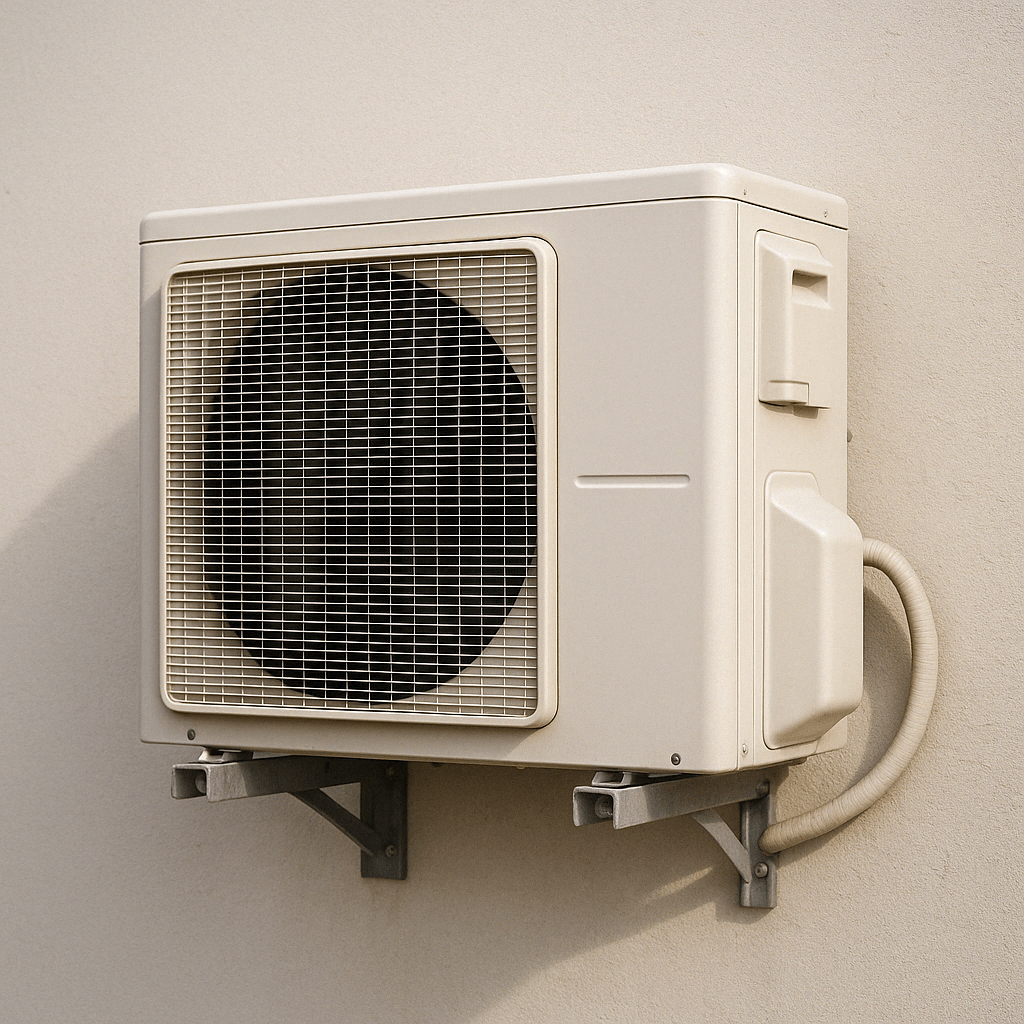
Get Your Air Conditioner Ready for the Summer with Superior Water & Air
April 21, 2025
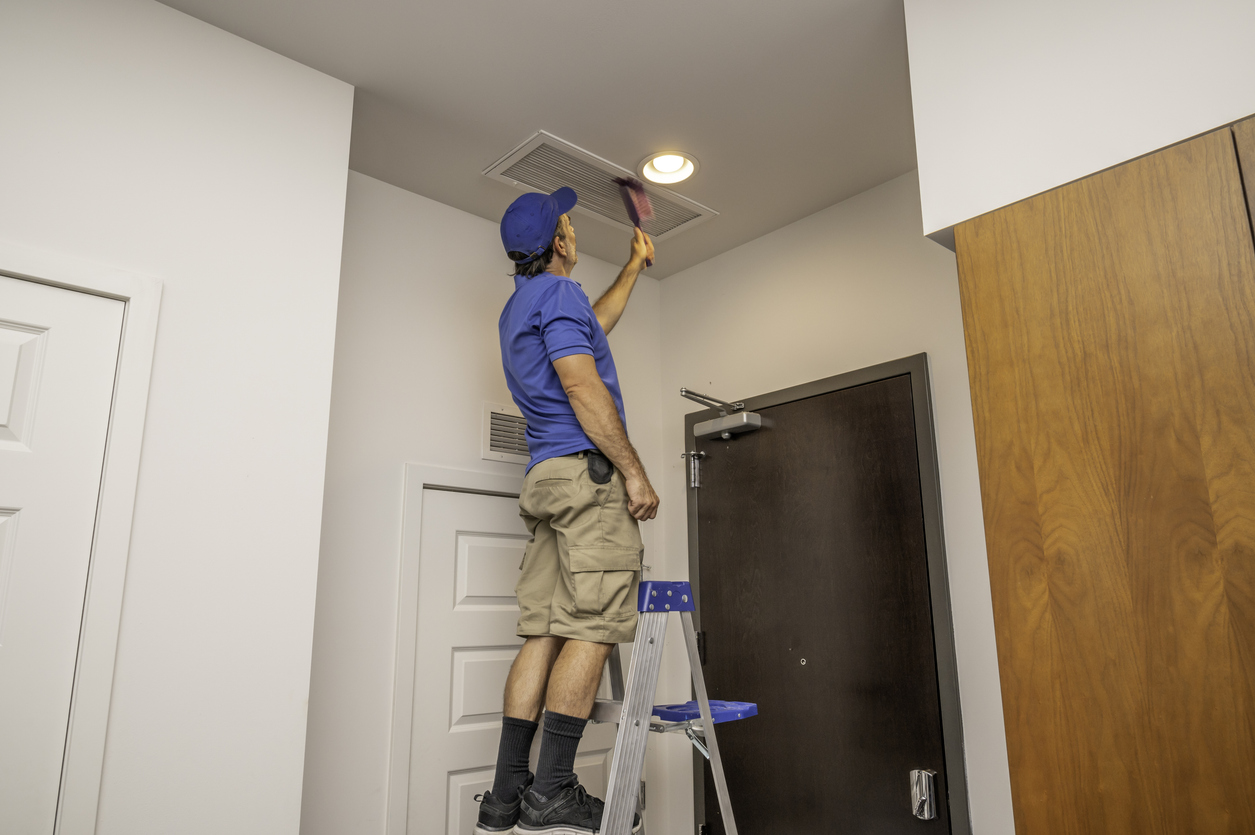
Why You Need the Air Ducts Cleaned in Your Home: Benefits & More
April 3, 2025
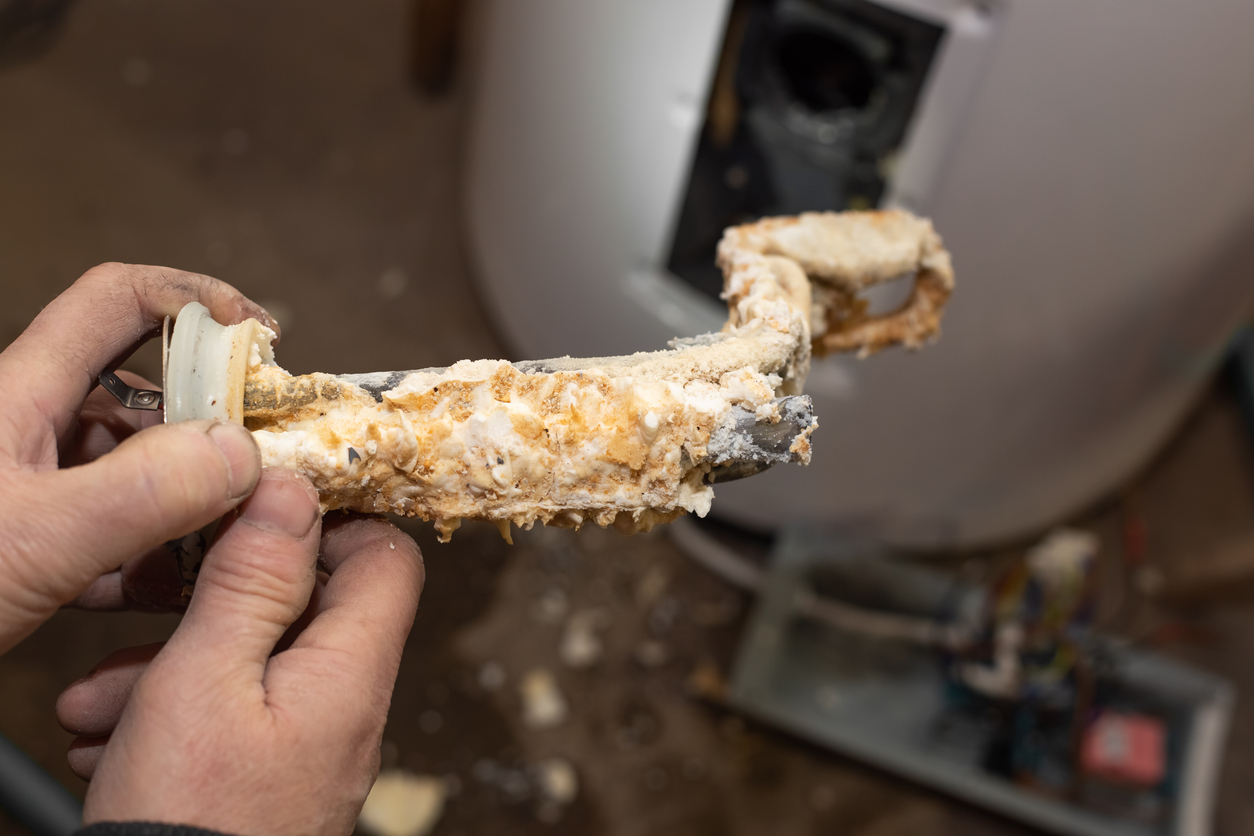
How to Determine Water Hardness & Treat Effectively
February 25, 2025
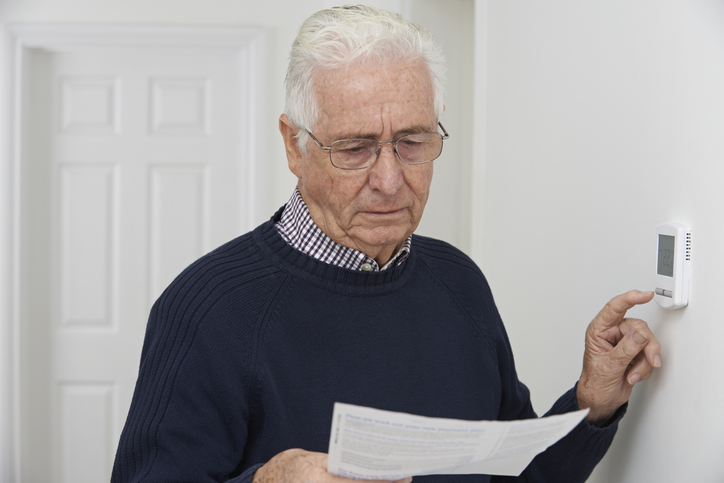
How to Save On Your Heating Bill During Winter
February 10, 2025
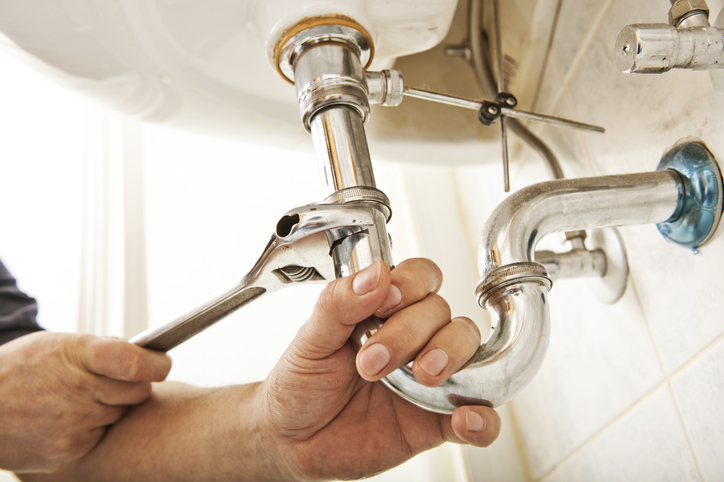
Cost Savings with Proper HVAC and Plumbing Systems in Winter
December 9, 2024
